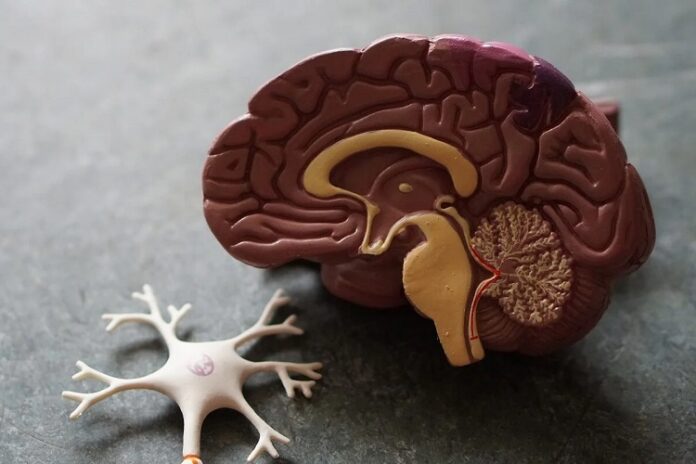There are more than one hundred different types of cancers. While any type of cancer is a serious threat, glioblastoma is an especially dangerous form of the disease. What makes this type of cancer different and why is it especially important to develop treatments? Let’s dig in. Anyone with further questions would do well to speak with Glioblastoma Foundation professionals to learn more.
First, glioblastoma targets the brain and spinal cord, both of which are crucial for the human body. While any type of cancer can have a major impact on the body, glioblastoma’s effects can be especially challenging. Folks suffering from this cancer may experience seizures, personality changes, speech issues, memory loss, motor dysfunction, and more. Quite simply, this cancer is life-altering.
Glioblastoma is a highly aggressive form of cancer. As a result, it can spread quickly and many medications or treatments, like chemotherapy, simply aren’t as useful for treating it. Since the disease spreads quickly, many patients suffer rapidly deteriorating health. Fortunately, early detection may improve outcomes, and also, safeguard the quality of life of patients.
The treatments used to combat this cancer can cause a lot of discomforts. Treatment may include surgery, radiation therapy, and chemotherapy. Sadly, these treatments are often unable to stop the disease. As the disease progresses, the human body will begin to shut down. Often, patients are in severe pain although palliative care can provide relief. Towards the end of life, the quality of life enjoyed by patients is quite poor.
Many cancer patients have enjoyed improving survival rates with time. The prognosis for breast and lung cancer patients today is better than it was say forty years ago. Sadly, the survival rate for patients with glioblastoma has not changed much with time. The average patient will live just 8 months and the 5-year survival rate is less than 7 percent.
Fortunately, researchers and medical practitioners are working hard to combat glioblastoma. Drug therapies currently under development may improve the prognosis for people suffering from this disease, helping patients not just survive but ultimately beat glioblastoma cancer. These medications may also improve the quality of life patients enjoy and lead to less pain and suffering.
Anyone interested in combating this serious form of cancer should contact organizations like the Glioblastoma Foundation. Providing funds or expertise, raising awareness, and otherwise contributing could have a major impact on countless lives.









